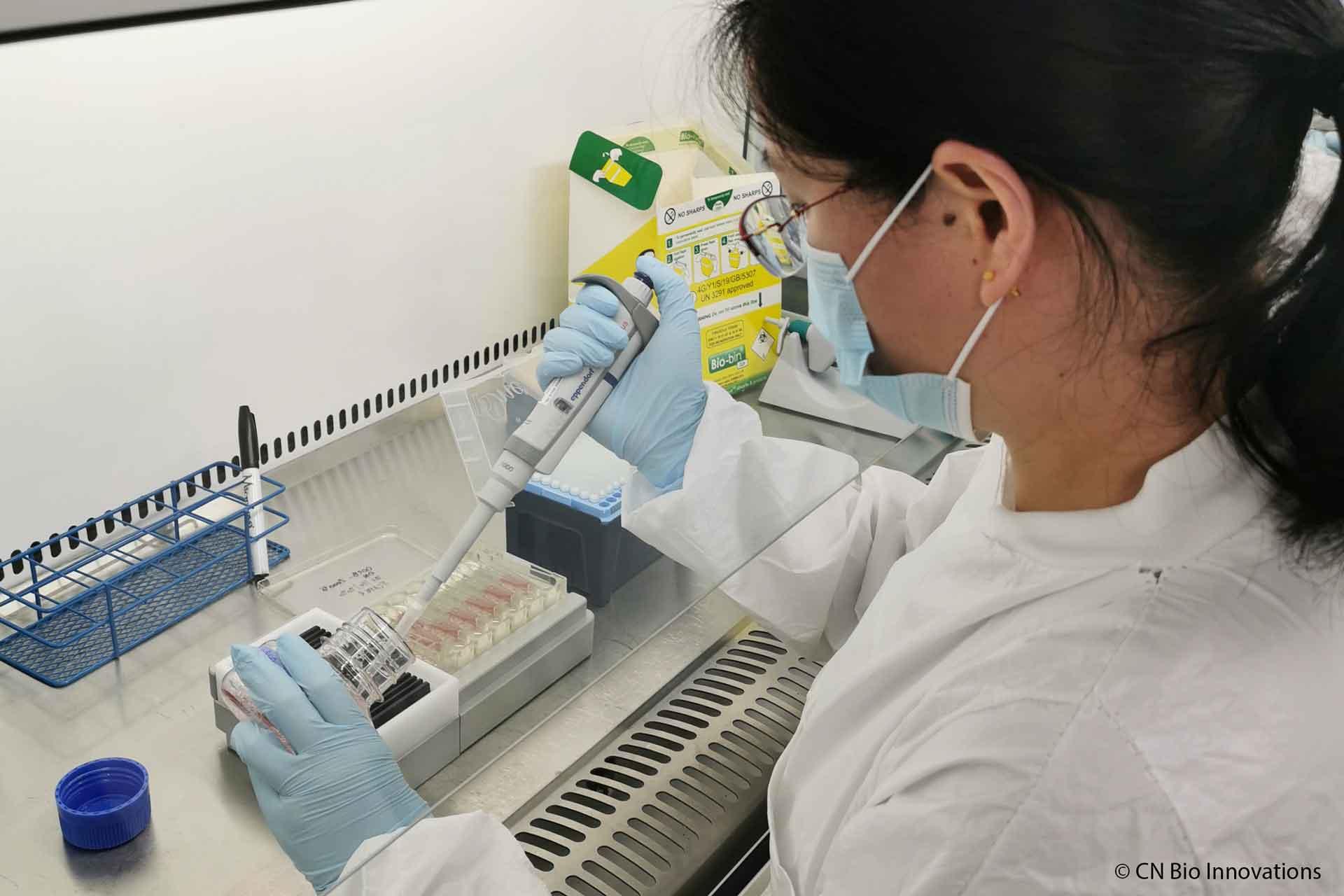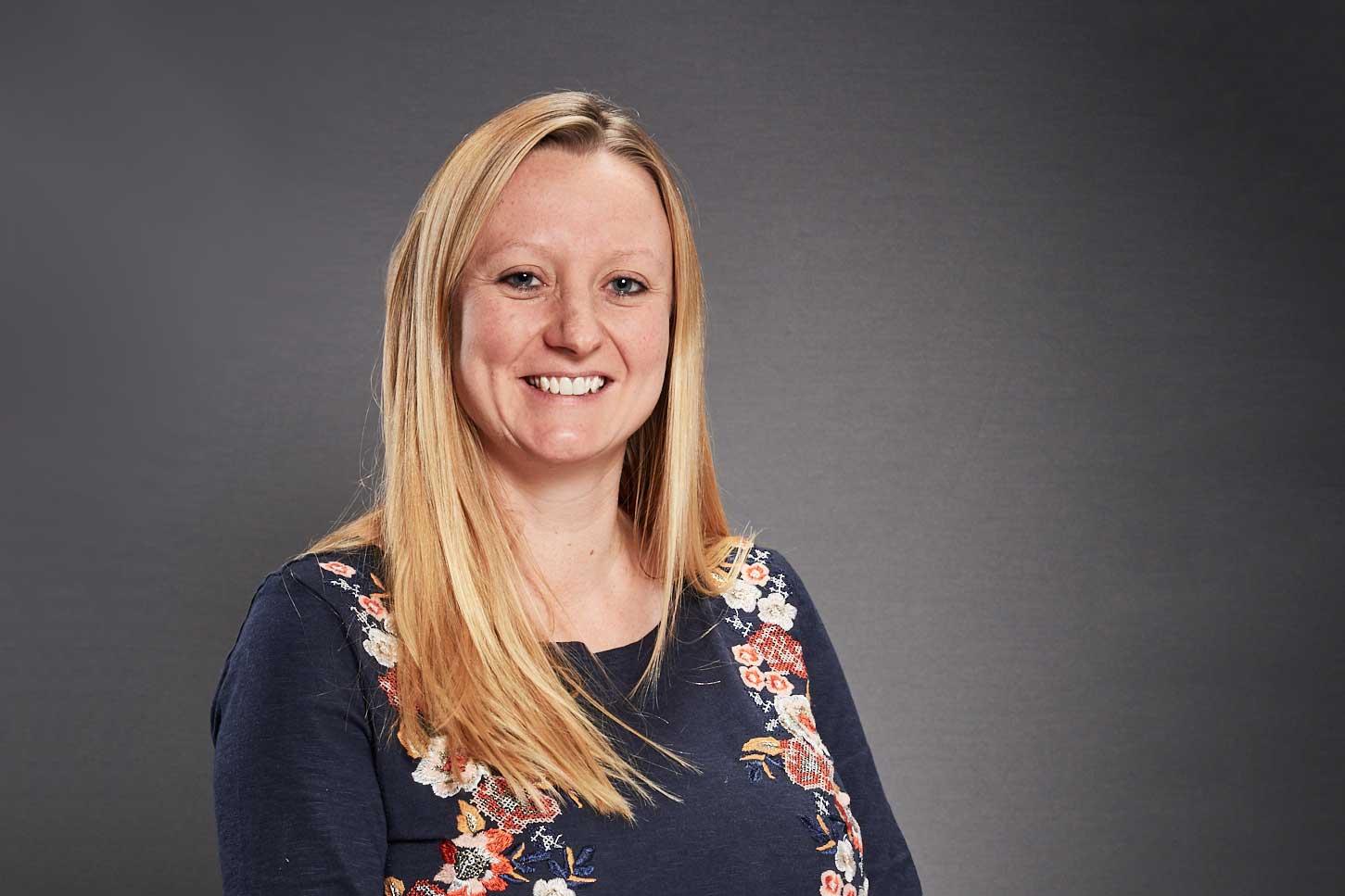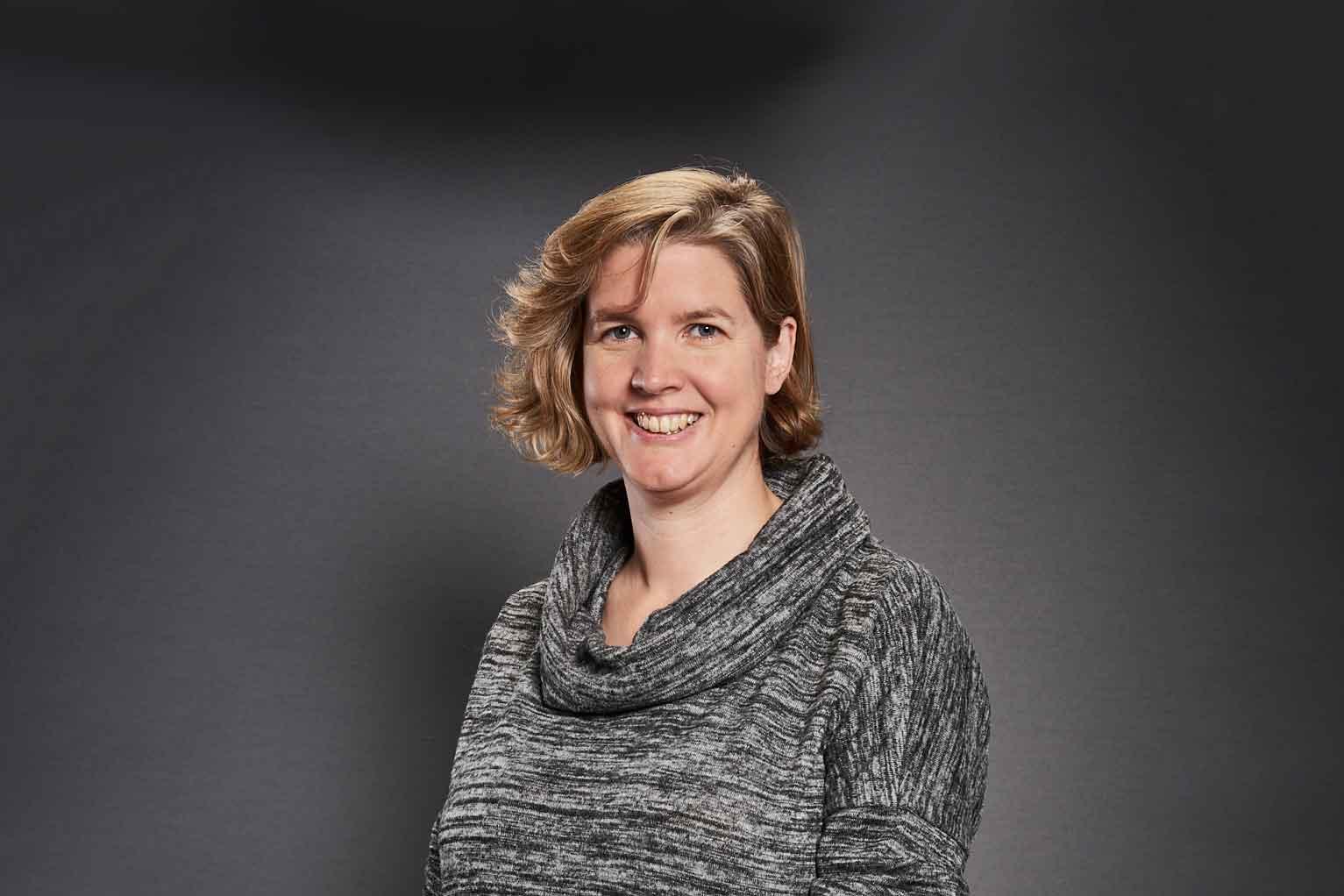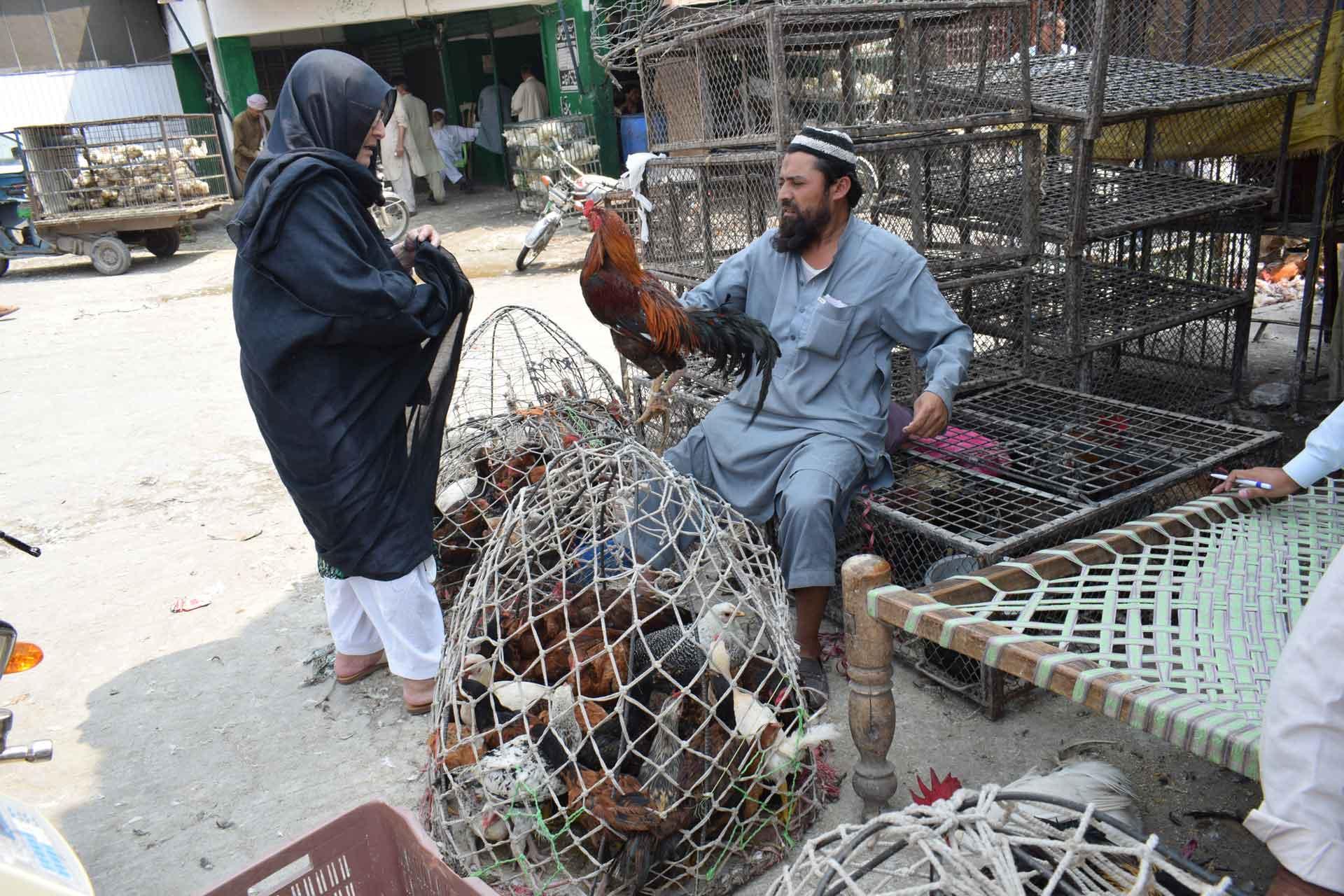After four weeks of intensive training, Dr Yaoyao Zhang departed CN Bio Innovations, a Cambridge-based bioengineering company, ready to incorporate new technology and skills into her own research at The Pirbright Institute.
Dr Zhang’s training involved learning how CN Bio’s PhysioMimix™ cell culture technology works – a clever microphysiological system that allows scientists to mimic tissues and organs in the lab. A plate with specially designed scaffolding provides a platform for cells to grow, which enables scientists to monitor their health and gain more sensitive and reliable data about their response to viral infection or new drugs.
Although originally designed for human tissues, Dr Zhang will be adapting the system for use with animal cells so that it can be used at Pirbright to aid research into livestock viral diseases.
Dr Zhang said: “We hope to use this technology to improve our knowledge about how animal cells interact with each other and how they react when they are infected by viruses. We could also use it to enhance or replace animal studies when evaluating the effectiveness of drugs and vaccines, as well as potentially basing gene editing tools on this system.”
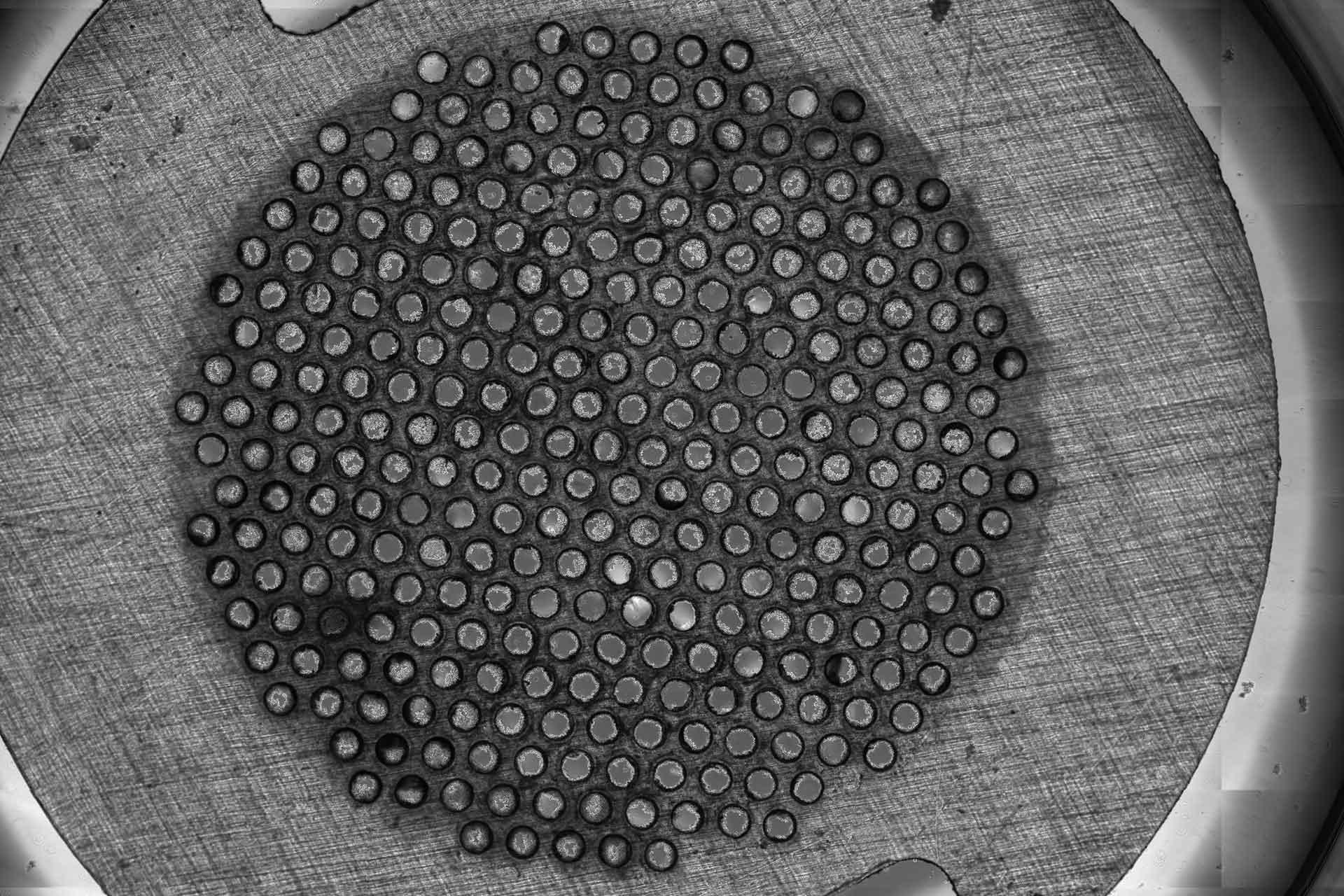
Cells growing on the scaffolding of the CN Bio PhysioMimix technologyDuring her first two weeks of training, Dr Zhang spoke with specialists at CN Bio to understand how the system works and observe other projects that use the technology to gain insights about its potential applications. The remaining two weeks were spent running her own experiments, which allowed her to become familiar with the system.
With the training under her belt, Dr Zhang has now installed the system at Pirbright and will start optimising it for use in her own work in addition to helping other scientists at the Institute to adapt the technology for their work.
Dr Zhang finished: “This really emphasises the importance of collaborating with scientists across multiple industries and research areas - by sharing our skills and technology we can progress scientific developments far more quickly. Applying tools designed for human research to investigate animal health and vice versa is a vital element of the One Health Agenda, so I am excited to have this opportunity to adapt this technology for use in Pirbright’s animal disease research.”
The training was made possible by a Flexible Talent Mobility Account (FTMA) Innovation Fellowship, supported by the Biotechnology and Biological Sciences Research Council (BBSRC), part of UK Research and Innovation (UKRI). The funding enables researchers to spend time in different industries to learn new skills and transfer knowledge between organisations.
